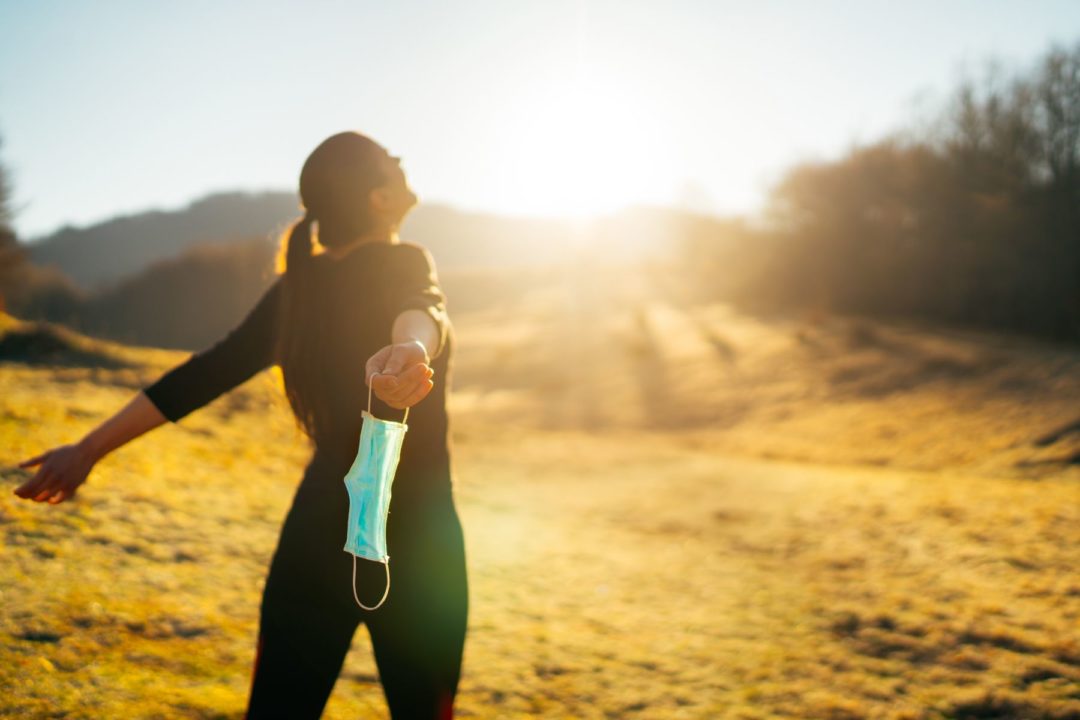The study was performed by researchers at Trinity College Dublin and University of Edinburgh, and published inScientific Reports.
"Given the lack of highly effective therapies against COVID-19, we think it is important to remain open-minded to emerging results from rigorously conducted studies of vitamin D,” said Professor Evropi Theodoratou, Professor of Cancer Epidemiology and Global Health, University of Edinburgh and senior researcher on the study, in the press release.
Previous studies have linked vitamin D deficiency with increased susceptibility to viral and bacterial respiratory infections, according to a press release on the topic, and several observational studies found a strong correlation between vitamin D deficiency and COVID-19, but these results could be a result of other factors, such as older age or chronic illness. To overcome these difficulties, researchers calculated “genetically predicted” vitamin D level, which isn’t confounded by other demographic, health, or lifestyle factors. While a few other studies attempted this, previous studies failed to take into account UVB radiation sunshine, which is the most important source of vitamin D for the majority of people.
Related: Study Links Certain Supplements With Reduced Risk of COVID-19 IADSA Resource Explores Connection Between Vitamin D and Falling CRN Foundation Launches Consumer Ed Site About Vitamin D and COVID
Researchers in this study looked jointly at genetically predicted and UVB-predicted vitamin D level. Nearly half a million individuals in the U.K. took part in the study; ambient UVB radiation before COVID-19 infection was individually assessed for each participant. When the researchers compared genetic prediction to UVB prediction, the correlation between UVB and circulating vitamin D was three times higher than the correlation between genetic prediction and circulating vitamin D.The findings: Ambient UVB radiation was strongly and inversely associated with hospitalization and death, suggesting that vitamin D may protect against severe COVID-19 disease and death.
Professor Lina Zgaga, Associate Professor in Epidemiology, School of Medicine, Trinity College and senior researcher on the study said in the press release: "Our study adds further evidence that vitamin D might protect against severe COVID-19 infection. Conducting a properly designed COVID-19 randomized controlled trial of vitamin D supplementation is critical. Until then, given that vitamin D supplements are safe and cheap, it is definitely advisable to take supplements and protect against vitamin D deficiency, particularly with winter on the horizon."
Dr Xue Li, a researcher on the study from Zhejiang University, added: "Our study supports the recommendation of vitamin D supplementation for not only the maintenance of bone and muscle health during the lock down, but also the potential benefits in relation to protection from COVID-19."









